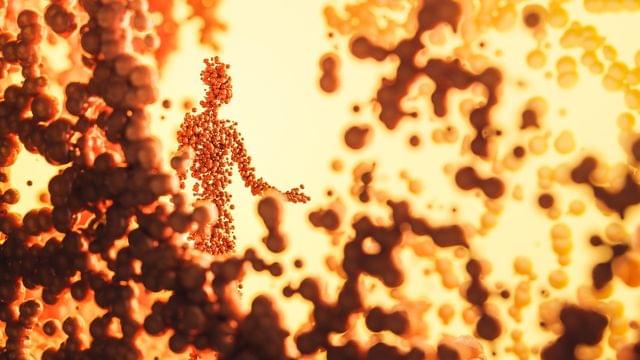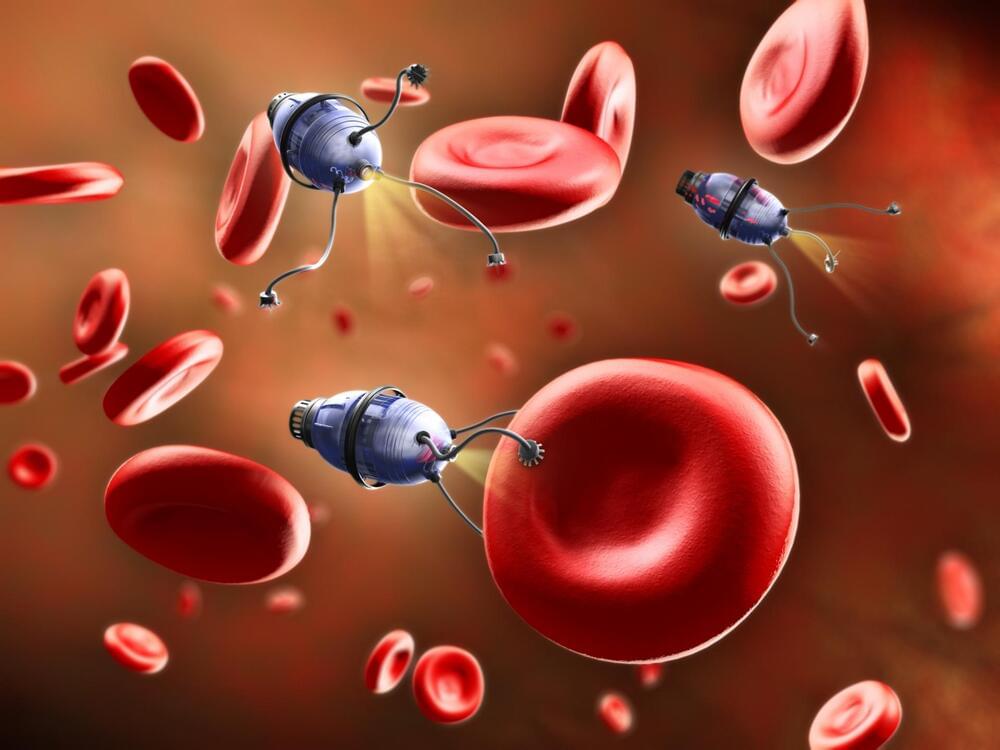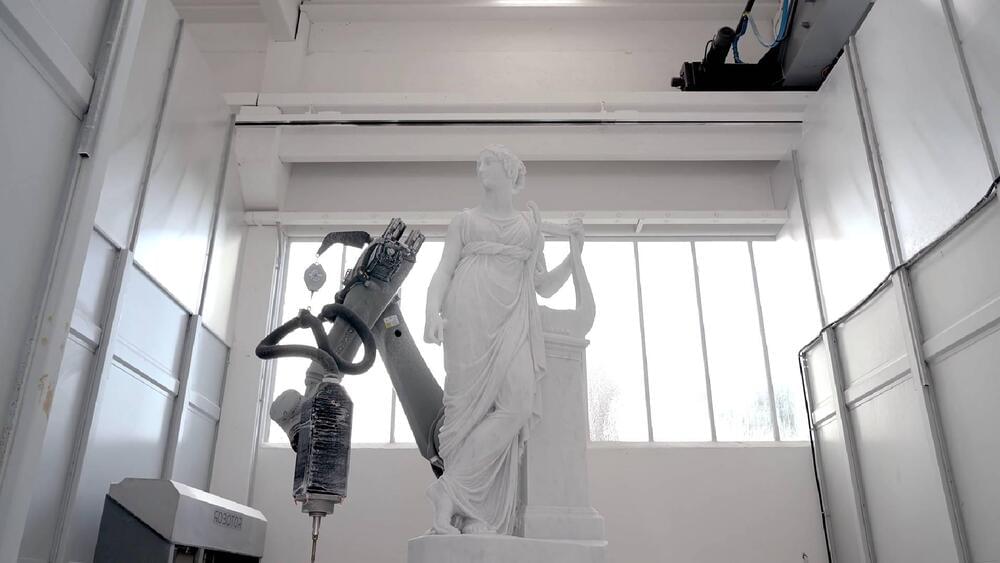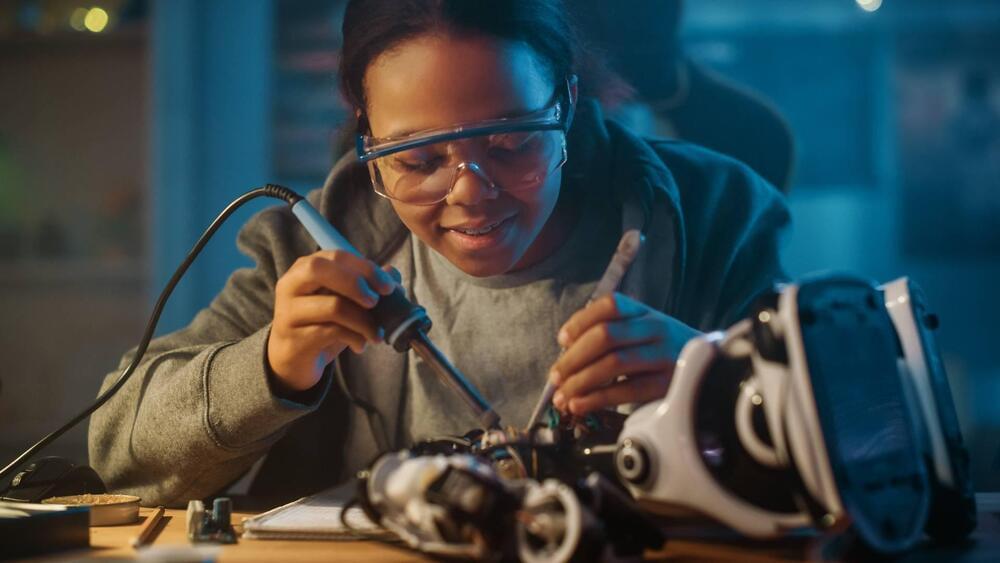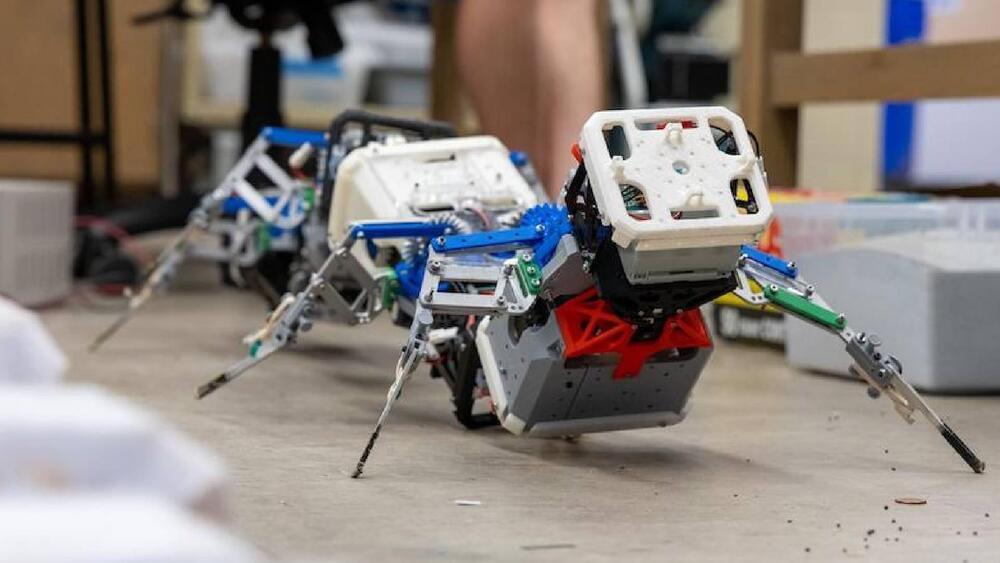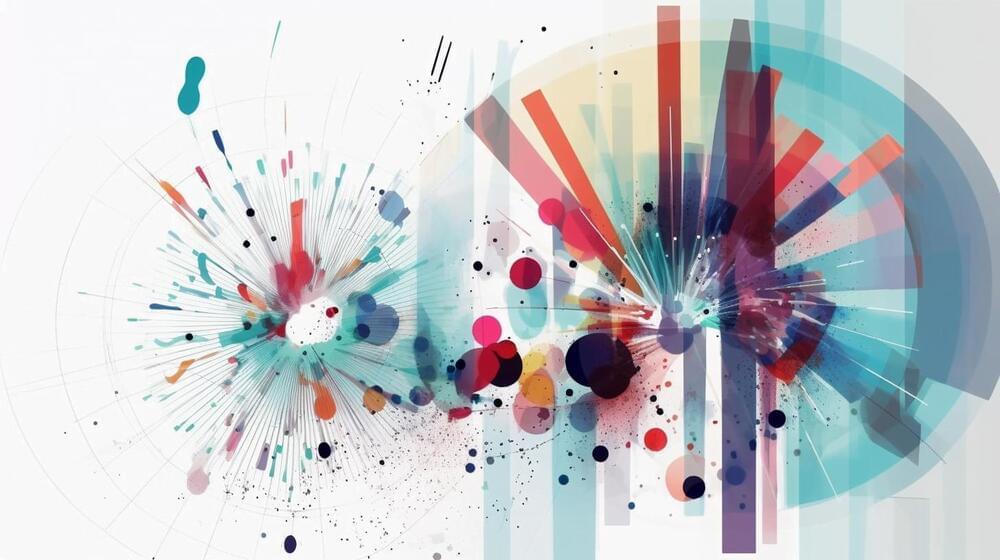May 7, 2023
Generative AI Helps Design New Proteins
Posted by Shubham Ghosh Roy in categories: genetics, robotics/AI, space
Proteins are made from chains of amino acids that fold into three-dimensional shapes, which in turn dictate protein function. Those shapes evolved over billions of years and are varied and complex, but also limited in number. With a better understanding of how existing proteins fold, researchers have begun to design folding patterns not produced in nature.
But a major challenge, says Kim, has been to imagine folds that are both possible and functional. “It’s been very hard to predict which folds will be real and work in a protein structure,” says Kim, who is also a professor in the departments of molecular genetics and computer science at U of T. “By combining biophysics-based representations of protein structure with diffusion methods from the image generation space, we can begin to address this problem.”
The new system, which the researchers call ProteinSGM, draws from a large set of image-like representations of existing proteins that encode their structure accurately. The researchers feed these images into a generative diffusion model, which gradually adds noise until each image becomes all noise. The model tracks how the images become noisier and then runs the process in reverse, learning how to transform random pixels into clear images that correspond to fully novel proteins.
